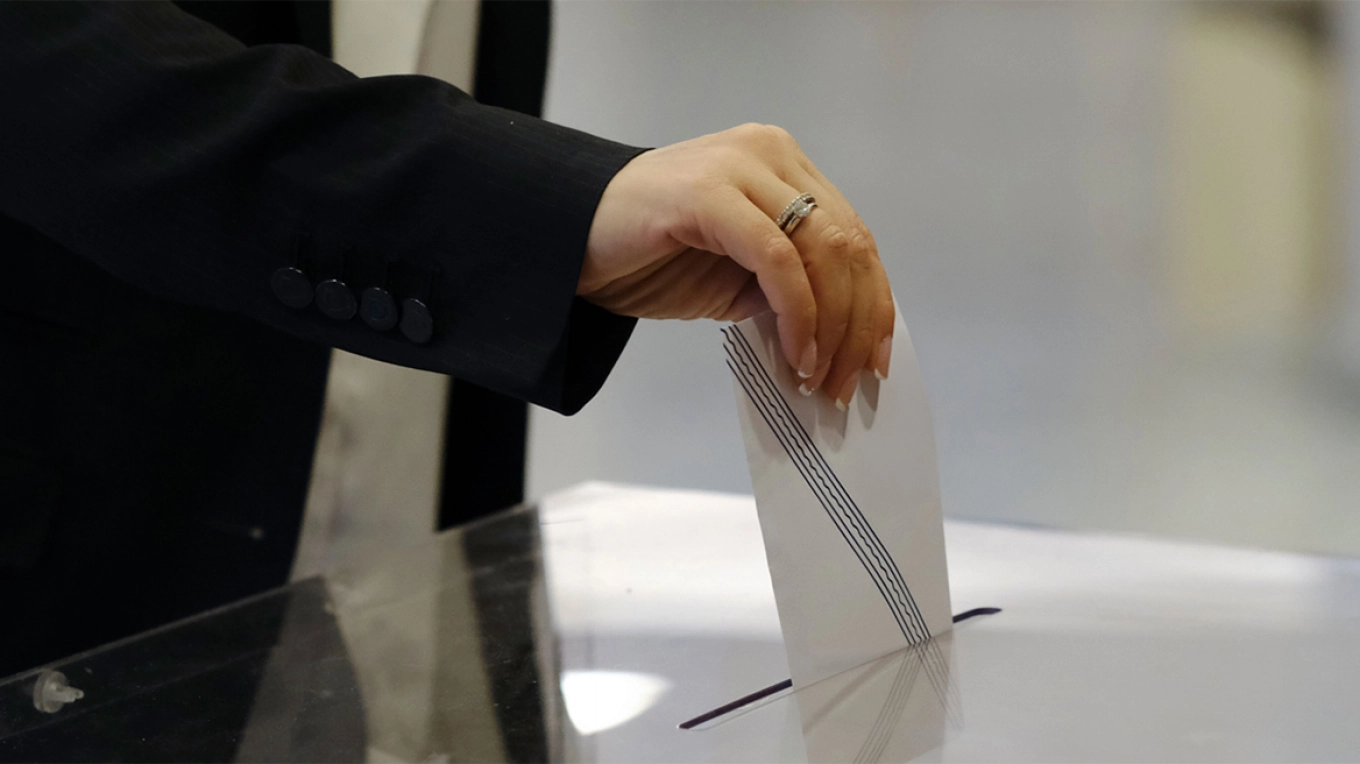The moment Will Smith slapped Chris Rock at the Oscars for a tasteless joke, it was all anyone talked about. But it was also notable how the ethnicities of the two men involved brought out the worst of identity activism.
One worrying strand of argument – because of its greater mainstream acceptability – was that society should not comment on the incident because it was between two black men, and therefore any criticism is inherently rooted in white racism.
On Twitter, a lot of well-meaning white progressives recused themselves from the terrible burden of having an opinion on a celebrity slapping another celebrity. They openly announced that that no-one needed to hear their views and so they weren’t saying anything. It was as if the declaration itself was a badge of anti-racist allyship politics being done correctly. The good ally is the one who stays in their lane and treads carefully and doesn’t dare to wonder critically.
This is what people refer to as “stay in your lane”, an idea that people, particularly white men, have little knowledge on issues that might pertain to marginalised identity, and should therefore not speak on them. Instead, people should only listen to those from affected groups. This view is rooted in believing that a lack of institutional power means some groups are inherently vulnerable and unable to deal with criticism and therefore, outsiders are only fuelling violence with bad rhetoric.
Broadcasting Earth’s location could provoke alien invasion, Oxford scientist warns
No-one who exists outside Twitter or academic circles genuinely thinks like this. Believing that Will Smith was wrong does not automatically mean one thinks the Metropolitan Police is fine to racially profile young black men. A disagreeable opinion is not automatically rooted in white supremacist thought or white privilege. Sometimes a disagreeable opinion is just that, one we disagree with. They believe it is far better if others keep their ideas to themselves because of who they are.
This might have been mildly acceptable if people within discriminated groups were sometimes able to echo critical thoughts freely without being accused of doing a white man’s work or having a colonised mind.
Read more: Independent
Ask me anything
Explore related questions





